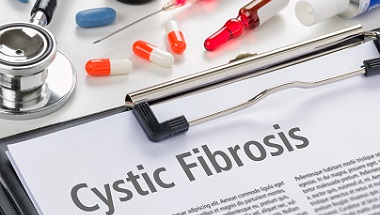Information for the public
Cystic fibrosis: the care you should expect
Cystic fibrosis is an inherited condition that causes a build-up of thick mucus in the lungs and other parts of the body. It is one of the most common genetic conditions, affecting nearly 11,000 people in the UK. People with cystic fibrosis are more prone to digestive problems and lung infections. Over time their lungs become damaged and may stop working properly. There is no cure for cystic fibrosis, but people can keep their symptoms at bay using a daily routine of treatments that combine medicines, exercise and physiotherapy.
We want this guideline to make a difference to people with cystic fibrosis and their families by:
- helping doctors decide the best way to treat different lung infections – sometimes antibiotics do not help and your doctor should explain why
- helping your care team protect you from infection – for example, they should time your check-ups so you avoid meeting other people with cystic fibrosis who could pass on an infection
- making sure you are offered the right tests at your check-ups.
Making decisions together
Decisions about treatment and care are best when they are made together. Your healthcare professionals should give you clear information, talk with you about your options and listen carefully to your views and concerns.
To help you make decisions, think about:
- What are you most worried about – are there aspects of your treatment or care that worry you more than others?
- How will different treatments affect your day to day life and things you hope to do?
- What support and advice from your care team will help you keep fit and healthy and fight off infections?
If you can’t understand the information you are given, tell your healthcare professional.
Read more about making decisions about your care.
In the news
Read NICE news about how this guideline will help.
People with cystic fibrosis could be monitored through phone or video messaging, says NICE

Where can I find out more?
NHS Choices has more information about cystic fibrosis.
The organisations below can give you more advice and support.
- Cystic Fibrosis Trust, 0300 373 1000
- British Lung Foundation, 03000 030 555
NICE is not responsible for the content of these websites.
We wrote this guideline with people who have been affected by cystic fibrosis and staff who treat and support them. All the decisions are based on the best research available.
ISBN: 978-1-4731-2709-8
Additional resources
This page was last updated: